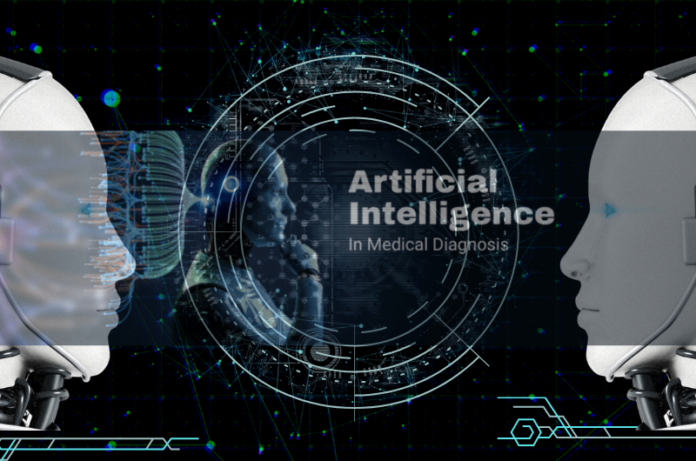Artificial Intelligence (AI) has emerged as a groundbreaking force in the medical field, revolutionizing everything from diagnostics to patient care. As healthcare systems face increasing challenges, AI technologies offer innovative solutions that enhance efficiency, accuracy, and patient outcomes. This article explores the various applications of AI in medicine, its benefits, challenges, and future prospects.
Understanding AI in Healthcare
AI in healthcare refers to the use of machine learning algorithms, natural language processing, and data analytics to process and analyze vast amounts of medical data. These technologies enable healthcare professionals to make informed decisions, improve diagnostics, and personalize patient care.
Key Applications of AI in Medicine
- Diagnostics and Imaging
AI algorithms are transforming the way medical images are analyzed. For instance, deep learning techniques can detect abnormalities in X-rays, MRIs, and CT scans with remarkable accuracy. Studies have shown that AI can match or even surpass the diagnostic capabilities of radiologists, significantly speeding up the diagnostic process. - Predictive Analytics
AI can analyze historical patient data to predict health outcomes, enabling proactive interventions. For example, machine learning models can identify patients at risk of developing chronic conditions, allowing for early treatment and better management of diseases. - Personalized Medicine
AI facilitates the development of personalized treatment plans by analyzing genetic information, lifestyle factors, and medical history. This tailored approach not only improves treatment efficacy but also minimizes adverse effects. - Robotics and Surgery
Robotic-assisted surgeries, powered by AI, enhance precision and reduce recovery times. These systems can assist surgeons in complex procedures, allowing for greater control and flexibility. - Telemedicine and Virtual Health Assistants
AI-driven chatbots and virtual assistants can provide patients with immediate medical advice and support. This technology is particularly valuable in remote areas where access to healthcare professionals may be limited.
Benefits of AI in Healthcare
- Improved Accuracy: AI systems reduce human error in diagnoses and treatment recommendations, leading to better patient outcomes.
- Increased Efficiency: Automation of routine tasks allows healthcare professionals to focus on direct patient care, improving overall efficiency.
- Cost Reduction: By streamlining operations and reducing misdiagnoses, AI can help lower healthcare costs, benefiting both providers and patients.
- Enhanced Patient Engagement: AI tools can empower patients by providing them with personalized health information and support.
Challenges Facing AI in Medicine
- Data Privacy: Protecting patient data is paramount. Ensuring that AI systems comply with regulations like HIPAA is critical for maintaining trust.
- Bias in Algorithms: AI systems can perpetuate existing biases if trained on non-representative data. It’s essential to develop inclusive datasets to ensure equitable healthcare.
- Integration with Existing Systems: Incorporating AI into legacy healthcare systems can be complex, requiring significant investment and training.
- Regulatory Hurdles: Navigating the regulatory landscape for AI technologies in healthcare can be challenging, impacting the speed of innovation.
The Future of AI in Healthcare
The future of AI in medicine is promising. As technology continues to advance, we can expect more sophisticated AI systems capable of addressing complex medical challenges. Ongoing research and collaboration among healthcare professionals, technologists, and regulators will be crucial in shaping the future landscape.
Conclusion
Artificial Intelligence is poised to transform the medical field, offering unprecedented opportunities for improving patient care and operational efficiency. While challenges remain, the continued integration of AI technologies can lead to a more accurate, efficient, and personalised healthcare system. Embracing this evolution is essential for the future of medicine, as we move toward a data-driven approach that priorities patient well-being and outcomes.
By harnessing the power of AI, the healthcare industry can not only enhance its capabilities but also redefine the patient experience, ultimately leading to healthier communities worldwide.


